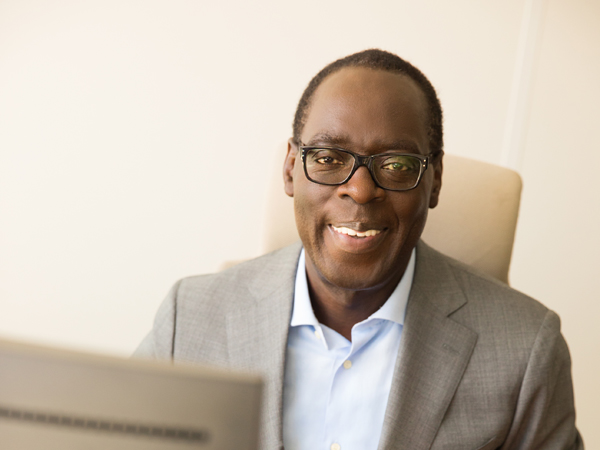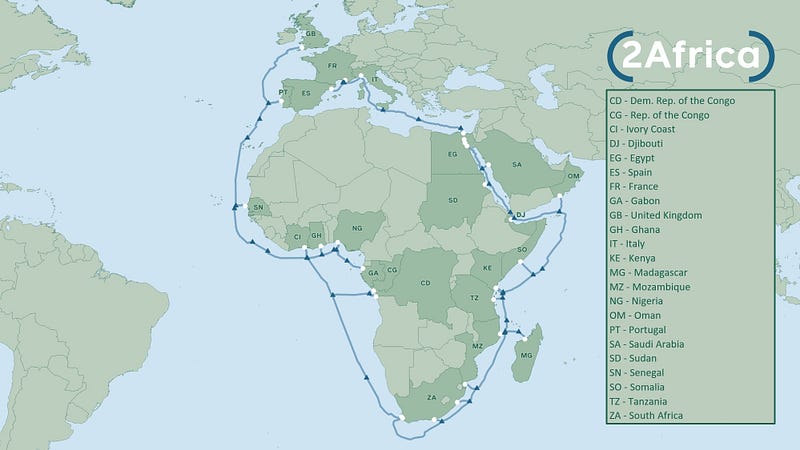Fintech Startup Wave Puts Orange Money’s Business Model In Cote D’Ivoire Under Threat. Here’s How
“Mobile money” stores abound in the dusty alleyways of Abidjan, the official capital of the West African country of Cote D’Ivoire. The colorful flags and posters that adorn their storefronts, promoting payment apps from telecom carriers like as Orange Money, MTN Money, and Moov Money, can be seen from afar. In recent months, a newcomer, Wave, has joined the ranks of telco advertising signs.

Wave is not only displaying its wares, but it is also doing the unthinkable: dividing the commission it receives on sales by three. This appears to be devastating for competitors such as Orange Money, which has been in business for thirteen years. Orange’s mobile payment business has evolved into a key component of the company’s African success.
Wave first launched presence in Senegal in the summer of 2020, then in Côte d’Ivoire this year.
Read also Wave Hits $1.7 Billion Valuation to Become First Francophone Startup With Unicorn Status
On average, telecom companies in Cote D’Ivoire charge roughly 3% commission on “mobile money” transactions, with commission rates as high as 10% on small-dollar withdrawals. Wave approximately halves these rates by three by allowing totally free withdrawals and a single 1% fee on transfers.
This isn’t the first time someone has attempted to sabotage the “mobile money” market. However, the risk posed by the New York startup has become more than credible after obtaining $200 million in September from numerous firms, including Partech and Sequoia Heritage.
“Their strategy makes free what made 80% of our income, and it is unavoidably brutal,” Alioune Ndiaye, the CEO of Orange Africa, admitted in response to a question from the company’s employees. “We must act quickly and decisively. Our economic model must be altered. We don’t have an option any more. The model of charging customers for cash withdrawals is certain to fail. As a result, we’ll have to adjust our prices. In Senegal, Orange has already decided to unite with Wave, while it has recently decided to do so in Ivory Coast.
The Price War Is An Earthquake For Orange
The company’s mobile payment system, which was launched in 2008 and is based on the Kenyan M-Pesa, has become a cornerstone of the company’s African operations. Last year, Orange Money generated more than 500 million euros in revenue, accounting for roughly 10% of total revenue in the region, with a profit margin comparable to that of telecoms. In Sub-Saharan Africa, where banking rates are still low, demand for these dematerialized payment options, which are available to anyone with a smartphone, is growing. To the point where, by 2025, Orange expects to have doubled its revenue from it.
Read also How Wave Became First Unicorn in Francophone Africa
“The goal of generating 1 billion euros in revenue from mobile financial services by 2025 is unstoppable,” Stéphane Richard, the group’s CEO said. “Until now, the rise has been constant, averaging 25 to 50 percent per year. With the addition of new players like Wave, things will become more challenging, but we have resources. In Africa, we founded Orange Bank, which will serve as a hub for our mobile financial activities.”
Already Yielding To Wave’s Challenge
In response to the fierce price competition, Orange in Cote d’Ivoire has set its mobile money withdrawal fee at 1% of all transactions. The decision took effect from Wednesday, October 20, 202.
Orange Money has 50 million customers, compared to approximately 130 million for the company’s mobile phone services. The management of Orange Africa is hoping that increased transaction volume will more than compensate for the rate cut.
MTN MoMo Côte d’Ivoire has recently also announced a 1 percent reduction in MoMo transfer costs.
Wave Orange Cote d’ivoire Wave Orange Cote d’ivoire
Charles Rapulu Udoh

Charles Rapulu Udoh is a Lagos-based lawyer who has advised startups across Africa on issues such as startup funding (Venture Capital, Debt financing, private equity, angel investing etc), taxation, strategies, etc. He also has special focus on the protection of business or brands’ intellectual property rights ( such as trademark, patent or design) across Africa and other foreign jurisdictions.
He is well versed on issues of ESG (sustainability), media and entertainment law, corporate finance and governance.
He is also an award-winning writer









